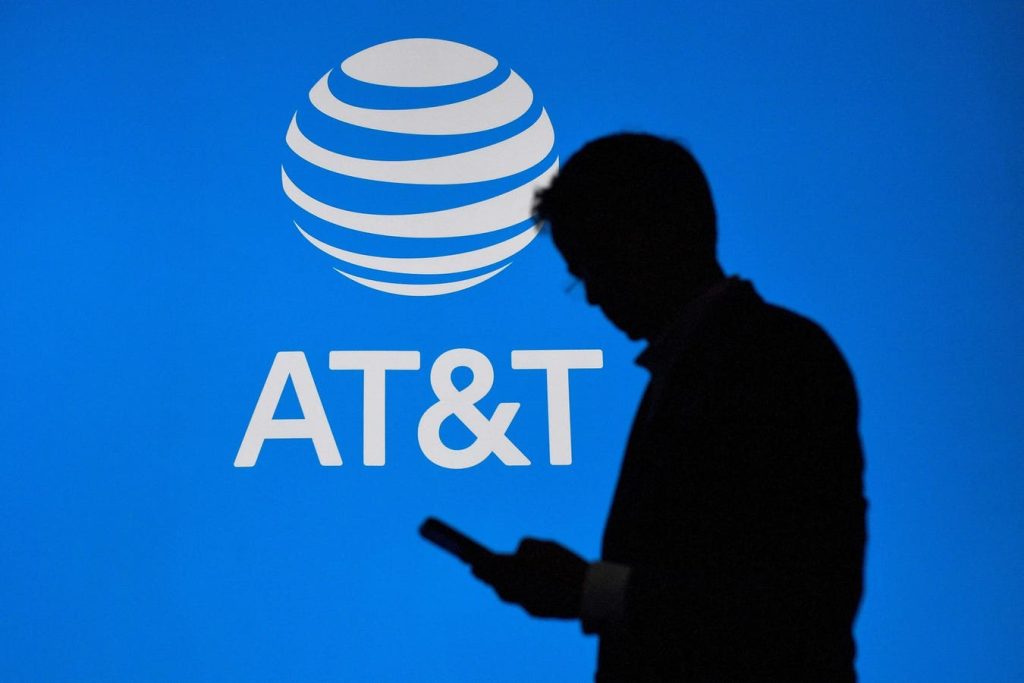The recent data breach at AT&T, which led to unauthorized access to sensitive customer information, has raised concerns about cybersecurity and digital equity. The breach involved the theft of six months’ worth of call and text message records of nearly every AT&T cellular network customer from May 1 to Oct. 31, 2022. While the stolen data did not include personal communication content, it did contain details like the location of cellular towers near subscribers, which could be exploited for economic profiling and targeted scams.
The aftermath of the breach has highlighted the impact on vulnerable communities, particularly people of color living on fixed or low incomes. This demographic is more likely to suffer economic disadvantages as a result of data breaches, leading to long-term negative effects. The breach also exposed call and text records of mobile providers reselling AT&T’s service, potentially enabling fraudulent schemes. It is crucial for AT&T to address these issues and restore consumer confidence, especially within communities most affected by the breach.
In response to the breach, government agencies such as the Department of Justice, the FBI, and the FCC are investigating how it occurred. With 127 million devices connected to AT&T’s wireless network, cybersecurity has become a critical issue that requires collaboration between the public and private sectors to protect vulnerable communities from future risks. Companies like AT&T must allocate resources to address the fallout from the breach and prevent similar incidents in the future.
The breach serves as a chilling reminder of the dark underbelly of the digital age, where personal data can end up on the dark web at the click of a button. It underscores the pressing need for robust cybersecurity measures and data protection regulations to safeguard consumer information. AT&T’s failure to safeguard customer data not only undermines trust in the brand but also highlights the broader issue of cybersecurity across the globe. The breach has reignited the conversation around digital equity and the need for companies to prioritize data security and consumer protection.
The breach has also shed light on the prevalence of cybercrime victimization among vulnerable populations, with demographics playing a significant role in determining who is most at risk. It is imperative for companies like AT&T to understand how their data breaches impact marginalized communities and take action to address the resulting economic disadvantages. By investing in cybersecurity measures and mitigating risks to vulnerable communities, companies can work towards restoring consumer trust and preventing future breaches.
As investigations into the AT&T data breach continue, stakeholders must work together to improve cybersecurity practices and protect consumer data. The breach has highlighted the importance of accountability and transparency in data protection efforts, as well as the need for companies to prioritize the security of customer information. By addressing the vulnerabilities that led to the breach and implementing stronger safeguards, companies can help prevent future breaches and protect consumers from the harmful effects of cybercrime.


